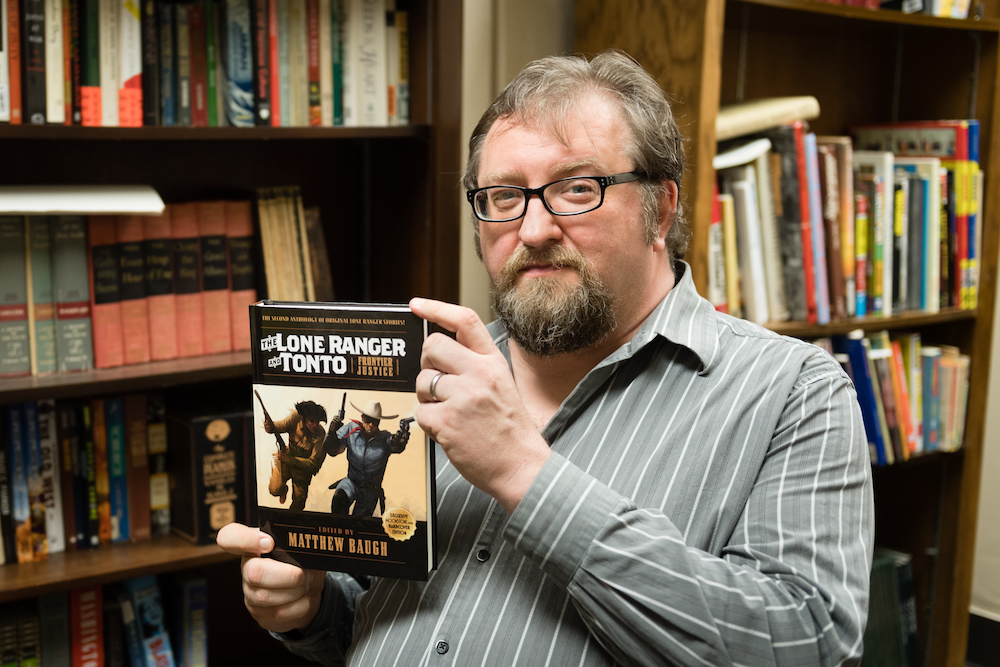COOKEVILLE – Writing a novel is something many people say they would love to do, but only a fraction of those ever accomplish it. As November wraps up National Novel Writing Month, two Tech faculty members who have published novels share their advice for other aspiring novelists to make it to the end.
“The challenge I’ve always felt keenest in writing a book-length work is finding the time,” said Ted Pelton, Tech English Professor. “A novel is something you have to live, breathe and even dream about in order to get down on paper and solve all its problems. It’s very rare that you can find someone to pay you to write one, and so mostly you’re left scuffling around in the rare time off you can find from work and other obligations. Unless you’re rich, I suppose, but I don’t have any information to share about that,” he joked.
Pelton has published a novel and two novellas, as well as more than 50 short stories. His novel was praised by American Book Review as “a moving, hip and complex journey.” One of the keys to finishing a story, he says, is not being discouraged when the first draft is a mess.
“The book is as big and ugly as Frankenstein’s monster with a bad head cold. But you’ve been learning all this time, and you realize that now you really know what the essence of your book is. Take everything you know and hit it again hard from the top. Write it out the way it should have been written the first time,” he said. “Part one is getting the story out; part two is revising, recasting and generally solving the book’s problems.”
Troy Smith, Associate Professor of history at Tech, has written a number of novels and short stories as well, largely in the western/historical fiction, mystery/crime or science fiction genres. He has won the Spur Award from Western Writers of America twice, once for best novel and once for best short story.
“Write the kind of stories you want to read,” Smith said. “Don’t expect to get rich, or even to make a living, but write anyhow. Use your stories to convey your viewpoints on the world around you, and on the human condition, without making it too obvious that you are doing so. Be a keen observer of human nature and behavior. Be a keen observer of your own heart and soul.”









